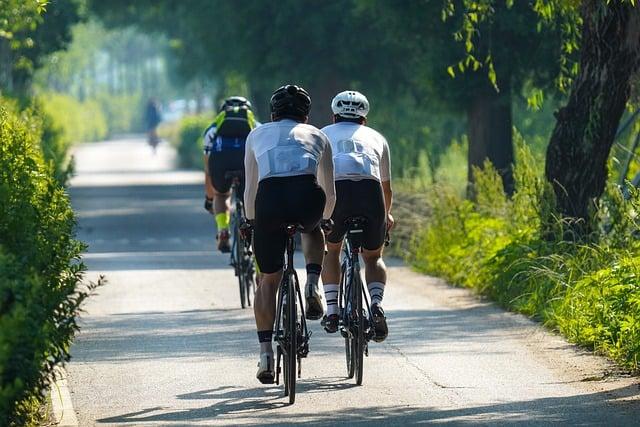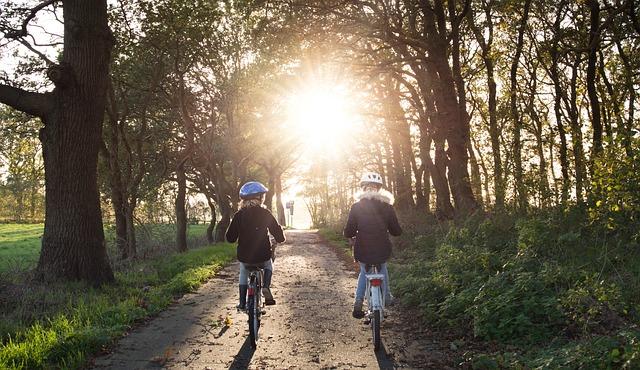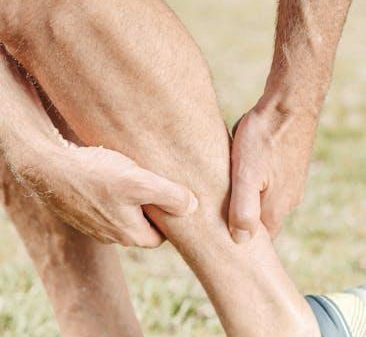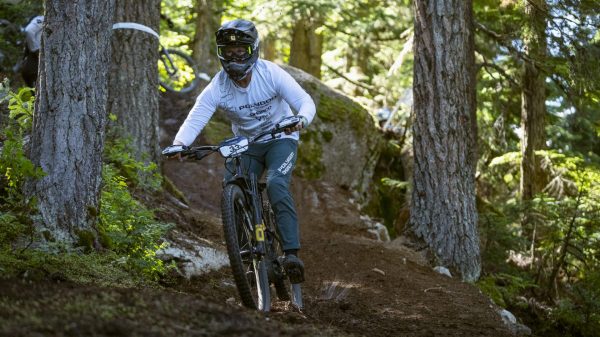Mountain biking is an exhilarating sport that invites you to explore rugged terrains and breathtaking landscapes, all while enjoying the thrill of the ride. However, as you navigate through rocky paths and winding trails, ensuring the safety of your back is crucial to maintaining both your health and enjoyment of the sport. With the right techniques and precautions, you can safeguard your spine and continue to embrace the adrenaline-fueled adventures that mountain biking offers. In this article, we will guide you through essential tips and strategies to keep your back safe, allowing you to pedal forward with confidence and enthusiasm. Whether you’re a seasoned rider or new to the trails, these practical insights will help you protect your back, ensuring every ride is as safe as it is exciting.
Choosing the Right Bike and Gear for Optimal Back Support
Embarking on a mountain biking adventure demands not only skill and enthusiasm but also the right equipment to ensure your back stays in top condition. Selecting the appropriate bike is paramount; opt for a frame size that complements your height and reach. A well-fitted bike helps maintain proper posture, reducing strain on your back. Consider full-suspension bikes, which provide better shock absorption, cushioning the impact on rough terrains.
In addition to the bike, invest in quality gear that prioritizes back support. Key items include:
- Backpacks with ergonomic design: Choose ones with adjustable straps and padded back panels to distribute weight evenly.
- Supportive cycling jerseys: Look for those with a snug fit and moisture-wicking properties to keep you comfortable.
- Padded shorts: Essential for reducing pressure on the lower back and hips during long rides.
By focusing on these elements, you’ll not only enhance your performance but also protect your back, allowing you to enjoy the thrill of mountain biking without discomfort.

Mastering Proper Riding Techniques to Prevent Back Strain
When hitting the trails, maintaining a strong and flexible posture is essential to prevent back strain and enhance your mountain biking experience. Proper riding techniques play a crucial role in distributing weight evenly and minimizing stress on your spine. To ensure you’re not inadvertently inviting back pain, focus on keeping your back straight and shoulders relaxed. This alignment allows your core muscles to support your upper body, reducing the strain on your lower back.
Additionally, consider these tips for a smoother ride:
- Adjust Your Bike: Ensure your bike’s seat and handlebars are set at the right height. A misaligned setup can lead to awkward postures, increasing the risk of back strain.
- Engage Your Core: A strong core acts as a natural stabilizer. Incorporate exercises that strengthen your abdominal muscles into your routine.
- Practice Good Technique: Use your legs to absorb shocks instead of your back. Bend your knees and elbows to let your body act as a natural suspension system.
- Take Regular Breaks: Listen to your body and take breaks to stretch and rest, especially during long rides.
By integrating these strategies into your biking routine, you can enjoy the thrill of the ride while keeping your back safe and sound.

Incorporating Core Strengthening Exercises for a Resilient Back
Strengthening your core is not just about building six-pack abs; it’s a pivotal component in maintaining a healthy back, especially for mountain bikers who face rough terrains and unpredictable challenges. A strong core provides stability and support, reducing the risk of back injuries and enhancing overall performance on the trail. Consider incorporating these core exercises into your routine:
- Planks: Engage your entire core with this classic move. Aim for three sets of 30 seconds, gradually increasing the duration as you build strength.
- Russian Twists: Improve your rotational strength, which is essential for maneuvering through winding paths. Perform with a medicine ball for added resistance.
- Bird Dogs: Enhance your balance and coordination while strengthening your lower back. Focus on slow, controlled movements for maximum effect.
- Side Planks: Target your obliques and lateral stabilizers, crucial for maintaining balance on uneven surfaces.
By integrating these exercises into your weekly regimen, you’ll not only fortify your core but also foster a resilient back ready to tackle any mountain biking adventure with confidence.

Adopting Post-Ride Recovery Practices to Enhance Back Health
After a thrilling mountain biking adventure, taking the time to focus on recovery can make a world of difference for your back health. Start with a gentle cool-down routine that includes stretching exercises specifically targeting the back, hips, and legs. This helps to release tension and improve flexibility, which is crucial after the demanding activity of biking.
- Foam Rolling: Use a foam roller on your back and legs to alleviate muscle soreness and improve blood circulation.
- Hydration: Drink plenty of water to replenish fluids lost during the ride and aid in muscle recovery.
- Nutrition: Fuel your body with a balanced meal rich in proteins and healthy fats to support muscle repair.
Incorporating these practices into your post-ride routine not only enhances recovery but also prepares your body for future rides, ensuring a healthier and more enjoyable biking experience.










